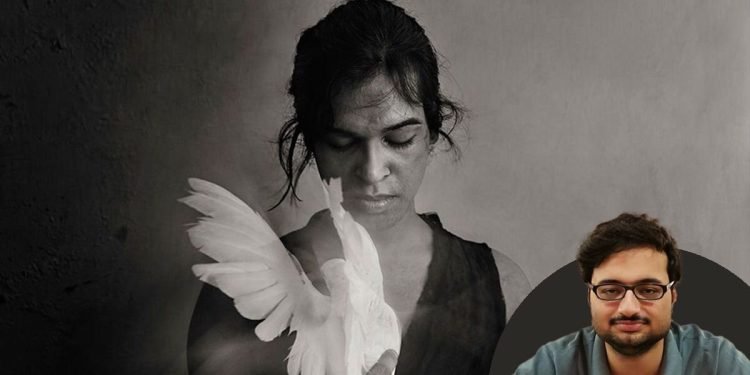By Suhaib Shaukat
The transgender community in South Asia has a rich cultural and social history. There are plenty of terms used for transgenders in South Asia, ranging from hijra to khwaja sira. Recognising genders beyond male and female might sound like an idea influenced by the West but it was prevalent in this region for over 2,000 years. The existence of the third gender can be found in Hindu holy texts of Ramayana and Mahabharata. During the Mughal era, transgenders played a vital role in the Royal Court where they were appointed as political advisors, administrators and generals.
Despite this, the community faces enormous challenges. These challenges include abuse from their own families and threats to their lives from the public. They are also victims of discrimination at the workplace and do not get equal opportunities to succeed.
Violence during the British rule over the Subcontinent:
Discrimination towards transgender communities in South Asia can be traced back to the arrival of the British, who introduced draconian laws like the Criminal Tribes Act of 1871, which termed transgenders as ‘criminals’. The Act gave British authorities the power to set up a surveillance system by compiling the personal details of eunuchs, often defining them as ‘a criminal and sexually deviant person’.
Transgenders were no longer allowed to wear women’s clothing, jewellery or perform in public, and were even thrown in prison. Children who stayed with transgenders were taken away by British authorities to ‘rescue them from a life of infamy’.
When in August 1852, a transgender woman – Bhoorah – was found murdered in India’s Mainpuri district, the British judge was convinced that her lover had killed her in a fit of rage. He continued to describe transgenders as cross-dressers, beggars and prostitutes.
Struggles at home:
After Independence in 1947, the situation for the transgender community became even worse because of the stereotypes associated with them. Most of the violence directed towards transgender persons starts from their own home. The abuse mostly comes from immediate and extended members of the family in the form of beatings, confinement, verbal abuse and even rape. In many cultures within Pakistan, the archaic concept of ‘family honour’ is imperative so families tend to protect their honour and social standing by either abandoning or killing their transgender children. According to a transgender activist, Rudrani Chetrri Chauhan, young men who identify as transgenders often run away from their families at a young age to avoid the abuse. After running away, they usually go under the guidance of a guru, a person who provides them with a safety net and basic necessities. Gurus play the imperative role of guardians and provide homesick transgenders with a family environment.
Employment issues:
Barriers to employment is a significant issue faced by the transgender community in Pakistan. Despite the fact that in 2012, NADRA began providing three gender options on the CNIC registration form, many transgender men and women face difficulties in finding jobs because of the stigma attached to their community, which is why trans people mostly find work through begging, performing at events and sometimes even prostitution.
Positive developments for the trans community:
Although there are many challenges present for the community, some progress has been made. In terms of law, there have been massive wins.
In India, the historical landmark judgement in 2014 with the Supreme Court case National Legal Services Authority v Union of India, established the legal recognition of third gender.
In May 2018, Pakistan made history by passing The Transgender Person (Protection of Rights) Act, which guaranteed basic rights for the trans community. It also allowed transgenders to display their gender on all of their formal documents, including CNIC cards, driving licence or even education documents. Furthermore, the government would also be required to set up shelters for trans people escaping from their homes due to violence.
In January 2020, the Pakistani government extended free healthcare facilities to the transgender community for the first time, for all kinds of treatments including reconstructive surgery.
In Bangladesh, in an effort to boost employment of trans people, an incentive was introduced to give tax cuts to companies that hired trans people. Firms would be given a five percent cut or be reimbursed with 75 per cent of the salaries of trans people, if they had at least a 100 workers from the community.
However, a lot more needs to be done in South Asia to provide a safe environment where transgenders can work and live a normal life like any ordinary citizen. There is also an urgent need to carry out awareness campaigns on the rights of the trans community. More importantly, governments must ensure that laws already passed should be implemented on the ground and not just exist as mere pieces of writing.


